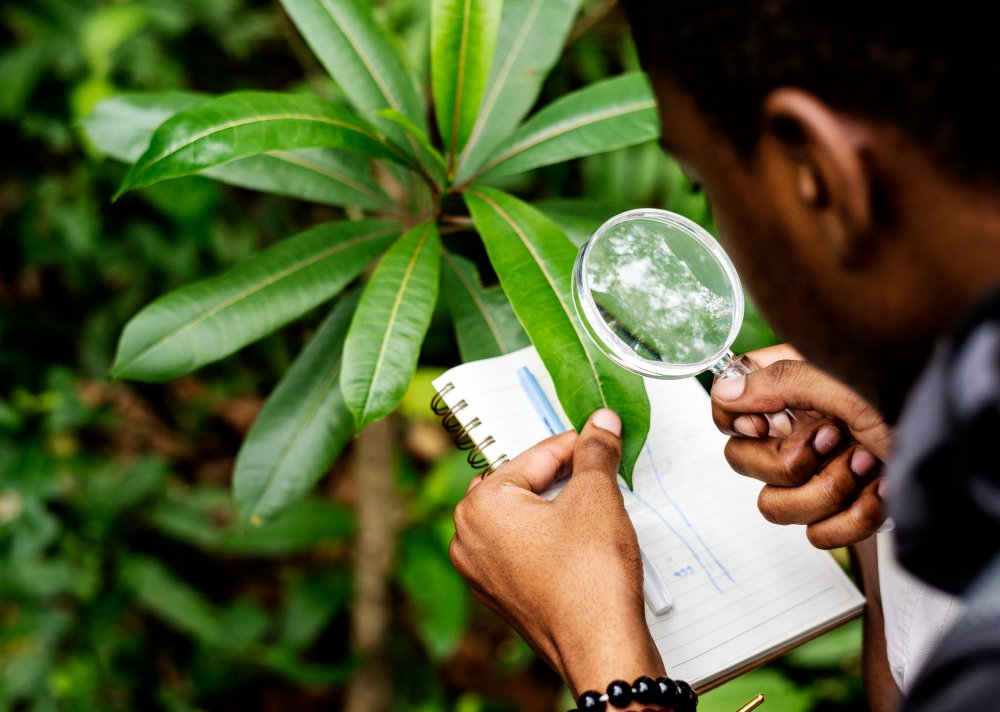Ethnobotany explores the relationships between people and plants across different cultures. Students will study how plants are used for food, medicine, shelter, clothing, and rituals. The course covers traditional knowledge systems, plant domestication, and the role of plants in cultural heritage. Fieldwork and ethnographic research methods will allow students to document and analyze plant uses in local communities. This course highlights the importance of preserving indigenous knowledge and biodiversity.
Ethnobotany
Related products
-
 Add to cart
Add to cartThis course provides an in-depth study of plant classification and identification. Students will learn the principles of taxonomy, including the use of keys, manuals, and molecular techniques to identify plant species. The course covers the evolutionary relationships among plants, the history of plant classification systems, and current trends in plant systematics. Practical sessions will involve…
-
 Read more
Read moreThis course offers a comprehensive introduction to the field of plant botany. Students will explore the fundamental principles of plant biology, including plant structure, function, growth, and reproduction. Key topics include the major plant groups (algae, bryophytes, pteridophytes, gymnosperms, and angiosperms), plant morphology, and the basics of plant taxonomy. The course is designed for beginners…
-
 Add to cart
Add to cartThis course delves into the physiological processes that govern plant life. Students will study how plants perform essential functions such as photosynthesis, respiration, transpiration, and nutrient uptake. The course also covers plant hormones, signal transduction, and stress physiology. Through lectures, laboratory exercises, and field studies, students will gain an in-depth understanding of how plants adapt…
-
 Add to cart
Add to cartThis course focuses on the study of plant diseases, their causes, and methods for their control. Students will learn about the biology of plant pathogens, including fungi, bacteria, viruses, and nematodes. The course covers disease diagnosis, epidemiology, and integrated pest management strategies. Laboratory sessions will involve isolating and identifying pathogens, and fieldwork will include disease…
-
 Add to cart
Add to cartEconomic Botany examines the economic importance of plants and their products. Students will study a wide range of plants that are essential to human life, including food crops, medicinal herbs, fiber plants, and timber. The course covers the cultivation, processing, and commercial use of these plants, as well as their role in different cultures and…


